All U.S. visa applicants – both immigrant and nonimmigrant – need to be truthful during the visa application process. In this article, we list some of the most common reasons fraud or misrepresentation findings are made against H1B visa applicants. This list is not exhaustive.
- Claim to work on in-house/internal project when the beneficiary works at a client site;
- Suppressing information about change in work location that is inconsistent with the certified LCA;
- After moving to a new employer, applying for an H1B visa based on former employer’s I-797 to improve chances of approval;
- Inaccurate resume used to secure placement at client project;
- Claiming to have performed work on either an in-house or client project, when the person was actually on “bench” period;
- Use of client’s letterhead without authorization;
- Use of fabricated client or vendor letters or in-house project details; and
- Use of fake pay slips.
Ineligibility based on fraud or misrepresentation is permanent. Though a nonimmigrant visa waiver will be available for many, probability of approval is limited. Obtaining a waiver for a green card is even more challenging, and is completely unavailable to most applicants. We urge U.S. visa applicants to provide accurate information throughout the visa application process, and in all submissions related to one’s H1B status. Being honest and truthful may sometimes delay the American dream, but it will never shatter the same!
